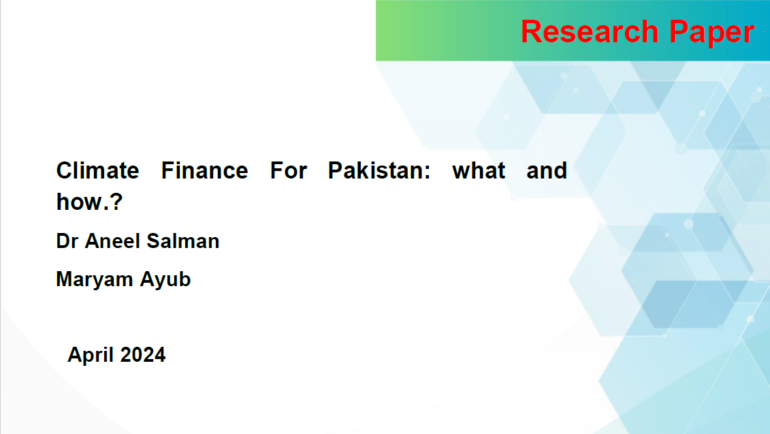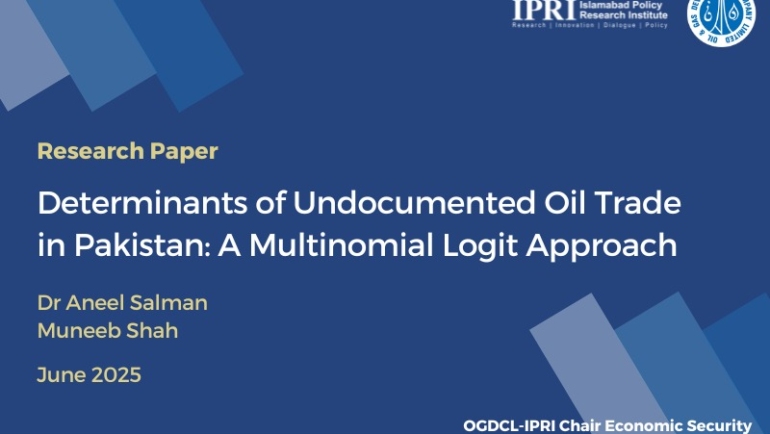This research paper explores the emerging potential of the carbon credit market in Pakistan, examining its capacity to mitigate the adverse effects of climate change while promoting economic growth. An efficiently managed clean development mechanism (CDM) is essential for attracting investments and generating revenue through new carbon credit projects. Effective management, transparency, and inclusive community engagement are pivotal for maximizing the market’s full potential. This paper advocates for Pakistan’s proactive participation in the global carbon trade by establishing a clear regulatory framework, implementing stringent data transparency measures, ensuring robust community participation, and fostering strong stakeholder collaboration. These steps are vital for Pakistan to realize substantial environmental and economic benefits from a well-developed carbon credit market infrastructure.
Pakistan is adapting its behavior and policies to align with trends and innovations in the carbon credit markets. The country has made significant strides in emission mitigation and promoting sustainable development. Pakistan’s commitment to emission reduction is evident through initiatives such as the Nationally Determined Contributions (NDCs), the Green Stimulus, and the One Billion Tree Tsunami. Consequently, Pakistan aims to attract foreign investment by developing renewable energy sources and engaging in international carbon trading markets.
Enhancing sound policies and complying with international standards will enable Pakistan to participate more vibrantly in global carbon markets. As a result, Pakistan is poised to become an influential player in climate change negotiations. Key recommendations include developing government-to-government (G2G) cooperation agreements to reduce reliance on costly foreign advisors, creating a clear legal framework to attract foreign direct investment (FDI), and producing high-quality project proposals. Additionally, advanced technology is necessary to maintain record-keeping systems that ensure transparency and accountability. Policies must also ensure that affected communities have a voice in the decision-making process and can derive financial benefits from carbon credit projects.
By integrating these strategies, Pakistan can effectively leverage the carbon credit market to foster both environmental sustainability and economic growth.
Skip to content
Skip to footer


